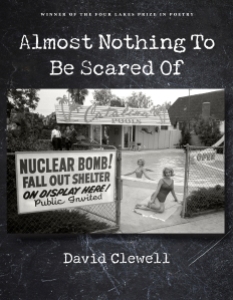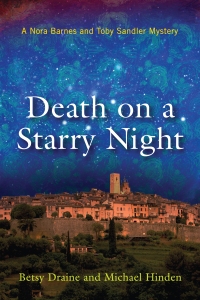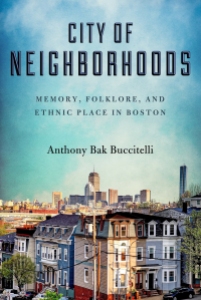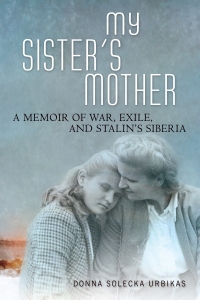John Tortorice, Director Emeritus of the George L. Mosse Program in History, sits down with Skye Doney, the translator and editor of a new book in the Mosse Series, Last Days of Theresienstadt by Eva Noack-Mosse.
John Tortorice: Eva Noack-Mosse was a trained journalist who valued detail, distance, objectivity. She was related through her father to one of the most influential German Jewish publishing houses that was active throughout Germany prior to 1933. She came from a family of well-educated, strong, resilient, notable women, including her cousin Martha Mosse, a lawyer. How did her background affect her writing of the diary?
Skye Doney: One of the most impressive aspects of the Noack-Mosse diary is that it is so well-written. As a prisoner, Noack-Mosse renders her personal experiences of daily life in Theresienstadt in striking detail. At the same time, as a journalist, she is able to stand back from her own hardships to document the crimes and brutality around.
Throughout her ordeal, she identifies reasons not to despair. These range from engaging conversations with friends and family to small acts of kindness she observes among the inmates. Noack-Mosse also sees beauty in the nature both within and around the camp—most notably, the birds nesting outside her barracks window.
John Tortorice: This comes across as an authentic account of diary entries, yet you also note that it has been edited after the War. How did you deal with the juxtaposition of what sounds like on the spot observation and retrospective editing?
Skye Doney: The document from George L. Mosse’s archive is best understood as an annotated diary or as a hybrid diary-memoir. Noack-Mosse acknowledges that she typed up the work before sending it on to George L. Mosse. But her “supplemental text” greatly enriches the account. For instance, she writes in Theresienstadt of the agony of composing a thirty-word postcard home that must also survive censorship. Then, she interjects that after the war only one of the eight postcards she wrote made it home. Additions like these render the work a text that is both present and past. For readers, I have offset these retrospective interjections in italics throughout.
John Tortorice: Noack-Mosse gives a scrupulous account of what is happening in a world of great cruelty and death, yet without any self-pity. Her ability to empathize with herself and her situation is still intact, yet what happens is not “about” her?
Skye Doney: Right, yes, she actually resolves to document her experience before she learns she will be deported to Theresienstadt. From the outset, she notes that “I have written down how I experienced Theresienstadt in order that their [the those who died in Theresienstadt] sacrifice should not be in vain. So that there shall never be a second Theresienstadt anywhere in the world.” She is tasked with typing up endless lists for the SS, so she learns quickly that the Nazis have perpetuated an unspeakable crime. She writes so that no one will forget. Her own experience stood in for everyone unable to write their own story.
John Tortorice: How did you convey a nuanced voice in translation? Was your approach to interpret freely rather than attempt perfect transparency? The manuscript was jointly translated by you and Professor Birutė Ciplijauskaitė. How did this affect how you approached the translation? Did your translation styles, your translation “voice” differ?
Skye Doney: Professor Ciplijauskaitė began the translation before falling ill in 2016. She passed away in June 2017. She was a great friend of the Mosse Program and helped with many translations after her retirement from the UW-Madison Department of Spanish & Portuguese.
Yes, we had very different approaches. Professor Ciplijauskaitė completed the first portion of the translation and adopted a very literal approach. For example, she translated the ranks of German SS officers. I went back over her work to reintroduce the nuance and wit of Noack-Mosse’s language. And part of that “re-translation” work was to heavily annotate the text with explanatory notes. In the end, this was a collaborative effort, as the annotations were supplemented by your comments, by the then Mosse Program Project Assistant, Kilian Harrer, as well as by the anonymous peer reviewers. Together we have preserved Eva Noack-Mosse’s candid perspective and beautiful prose.
John Tortorice: Tell me about her correspondence with her second cousin, the historian George L. Mosse? What was their relationship like after the war?
Skye Doney: Very friendly. Noack-Mosse calls him “Georgie” in some of their correspondence. It is clear that they met frequently in Munich when Mosse traveled to Germany for research. They also shared many mutual friends and discussed the family efforts to get back property stolen by the Nazis after the war. You can read some of their correspondence at the end of Last Days of Theresienstadt.
Noack-Mosse also asked for help with getting her memoir translated and published. For the Mosse Program, we are honored to complete this request first made in the 1950s.
Skye Doney is the Director of the George L. Mosse Program in History and a Series Editor for the Mosse Series in European Cultural and Intellectual History. He received his PhD in German History from UW-Madison in 2016.
John Tortorice is Director Emeritus of the George L. Mosse Program in History and a Series Advisor for the Mosse Series in European Cultural and Intellectual History. He directed the Mosse Program for nearly twenty years before his retirement in May 2017.


























 May 11
May 11 May 11
May 11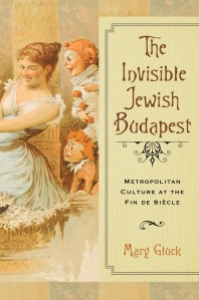 May 25
May 25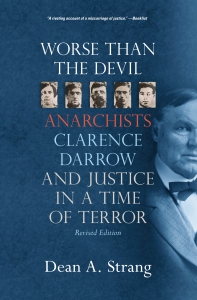 Available now
Available now